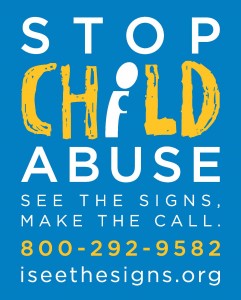Wilmington – For the third consecutive summer, hundreds of children in the city of Wilmington will have a safe place to hang out at night. The Delaware Children’s Department’s Division of Prevention and Behavioral Health Services (PBHS), is providing nearly $200,000 in funding to nine city community centers this year, allowing them to extend their operating hours through September, and provide prevention programming.
“After-school and summer programs positively affect the well-being of our youth and help prevent risky behaviors,” said Governor Markell. “By providing kids with opportunities to be active, we help keep them safe and engaged in a variety of activities they may not otherwise experience.”
The extended Hours Program is designed to address violence occurring within the city by providing a safe haven for youth who might otherwise be out on the street, as well as age appropriate services and prevention programming. During the summer and early fall of 2012, more than 6,500 youth participated in the extended hours service, doubling the number of youth served the previous year. Youth participated in suicide awareness, anti-bullying, substance abuse prevention, character building, technology classes, and organized sports.
“We’re pleased to again be able to provide this opportunity for youth to have a safe and structured place to enjoy the summer months,” said Jennifer Ranji, Secretary of the Children’s Department. “It’s important for children to have the opportunity to interact with other children, to play, grow and thrive in a positive setting.”
“The Extended Hours program also provides youth with opportunities to receive prevention messages, as well as another outlet for accessing or being connected to mental health services if needed,” said Susan Cycyk, Director of PBHS.
The following nine organizations have been funded to provide extended hours: the Fraims Boys & Girls Club, Girls Inc., Latin American Community Center (LACC), William Hicks Anderson, West End Neighborhood, YMCA, Wilmington Police Athletic League (PAL), Kingswood, Neighborhood House. PBH is also funding the KiVa anti bullying program, which will be offered through the University of Delaware in seven of the centers to date.
The Children’s Department provides services to children who have been abused, neglected, are dependent, have mental health or substance problems, and/or have been adjudicated delinquent by the Courts as well as prevention services targeted toward all youth. For more information, please visit www.kids.delaware.gov.
